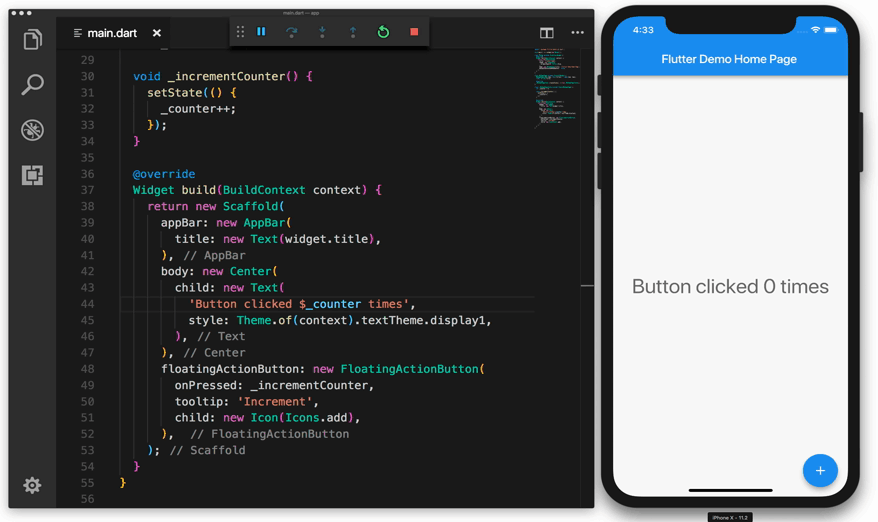
To install it via command line, open terminal and run the following command. You can install snap packages via command line, or using Ubuntu Software application. They are easy to install and upgrade but they occupy more disk space and they may have longer application startup time. Snap packages are self-contained software packages that not only contain the actual software but also the binaries of its dependencies. Install Visual Studio Code as Snap Package Here are the steps to install visual studio code in Ubuntu. How to Install Visual Studio Code in Ubuntu We will look at both these methods below. You can install it as a snap package or as a deb package. There are several ways to install visual studio code in Ubuntu. It is generally installed and used in Windows environment but did you know that you can also use it in Ubuntu? In this article, we will learn how to install Visual Studio Code in Ubuntu. It also provides a single platform to develop applications and scripts in a wide range of languages. It provides tons of features such as debugging support, git integration, syntax highlighting, code completion and more.



Visual Studio Code is a powerful development platform by Microsoft, used by millions of developers worldwide.


 0 kommentar(er)
0 kommentar(er)
